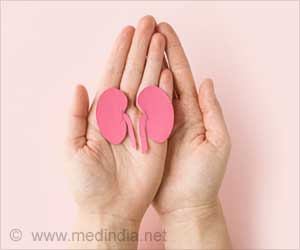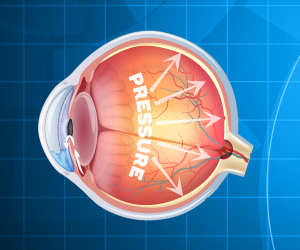Exposure to extreme weather can have negative health consequences due to the worsening of pre-existing health conditions.
- Most healthy people adapt to weather changes without much difficulty
- Extreme heat and cold weather can put pressure on the heart and even prove to be fatal
Who has Difficulty Adapting to Extreme Weather
People who have had a heart problem before, uncontrolled diabetes, high cholesterol, or hypertension may have trouble adapting to extreme temperatures. Additionally, those who use diuretics, which help the body get rid of extra water, are more vulnerable to dehydration.How do Heat Waves Affect the Heart
Increased perspiration brought on by excessive heat can result in water loss from the body and dehydration. This results in a decrease in plasma volume, an increase in the concentration of blood components (red blood cells), and, if combined with excessive cholesterol, the possibility of heart artery obstructions that result in a heart attack. Heat, particularly heat waves, can also raise blood pressure and lead to rapid, irregular heartbeats (arrhythmias), which can result in heart attacks and strokes. The heart requires more oxygen, which results in symptoms including chest discomfort, dyspnea, and unconsciousness.Typically, people over 65 who are elderly are affected. The heart’s ability to exercise decreases with age and many people also have pre-existing conditions like high cholesterol, hypertension, and diabetes. In turn, this raises the risk. Most healthy people adapt to changing weather successfully.
Tips to Prevent Heat Stroke
Slow down. When the weather is bad, avoid exercising outside. Drink enough water and stay hydrated if you work out. Refrain from drinking too much alcohol and smoking. Having a bath and shower or, if necessary, an ice pack can also help. Eat frequent, little meals.Effects of Extreme Cold on the Body
Your heart may also feel pressure from cold temperatures. The blood vessels constrict in response to extreme cold. It causes a rise in blood pressure and a fall in blood flow. Your heart rate may rise in cold temperatures, which can increase your need for oxygen. The heart is under more stress if there is an associated infection due to the chilly temperature. Risk factors are identical to the risk factors for heat waves themselves.Tips to Stay Safe in Extreme Cold
Put on several layers of warm clothing to keep your body temperature stable. Avoid working out outside. Eat low-fat foods and abstain from smoking. Eat warm meals and hot soups. Keep moving inside. Consult a doctor if you experience symptoms such as palpitations, giddiness, dyspnea, or chest pain. Even while you might not be experiencing a heart attack, you might be experiencing early signs of heat or cold intolerance.Source-Medindia













